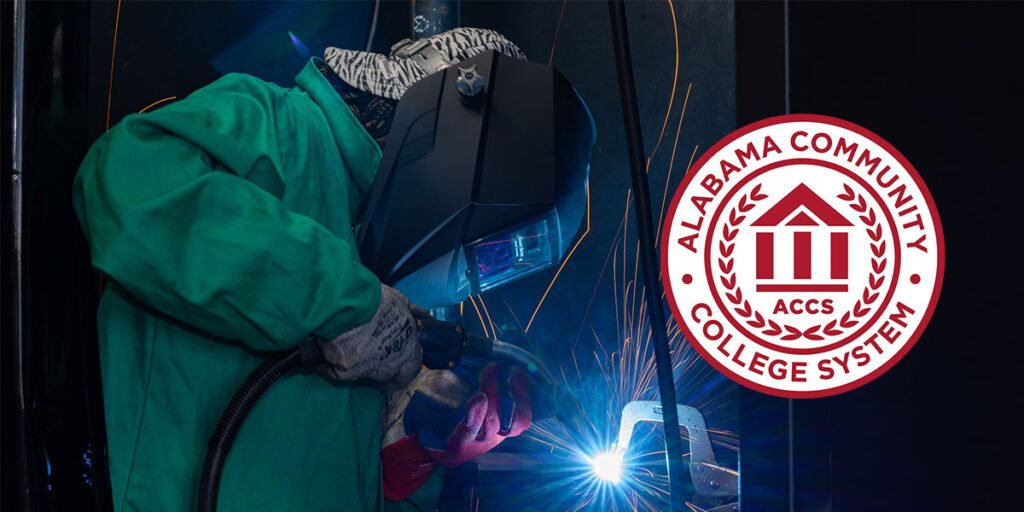
Across Alabama, businesses of all sizes face significant challenges finding skilled workers.
More than 5,000 companies are working together Alabama Community College System When it comes to training your workers, know this: Any job in demand in Alabama can be started with training at an Alabama community or technical college.
Amy Price, chief nursing officer and chief operating officer at Coosa Valley Medical Center, said the medical center Central Alabama Community College This is an example of how essential community colleges are to our state’s workforce development.
“As you can imagine, we're an independent rural hospital, so partnerships are incredibly important not just to our existence but to our sustainability. So when we look at our partnerships, I can't think of any that are more important to us than the great work that the community colleges are doing with their programs,” she said.
“This has really paid off in terms of hiring qualified people to meet today's healthcare demands.”
Austal USA recently partnered with the Alabama Community College System to create a pre-apprenticeship training program. “There are so many people right in your backyard waiting for a change. Austal has so many jobs and opportunities. You don't want to go out looking for a job when we have the workers right here in Alabama. That's why partnering with Austal is so important,” said Rodney Patrick, human resources director for Austal USA. Bishop County. “
By partnering with businesses, schools and individuals, ACCS is making a measurable difference, as evidenced by the nearly 155,000 students studying in the college's academic and workforce development programs. Over the past decade, more than 440,000 residents have begun their educational path with a transferable core at their local community college, making a significant impact on the state's healthcare and transportation industries.
Shannon Jackson, director of corporate services for Southeast Gas, said the ACCS Innovation Center's customized “Skills for Success” program is important and timely to the work energy companies are doing across the state.
“Having all of our construction workers CDL certified has been invaluable. Training that would have otherwise taken three to four weeks has given Skills for Success and LBW Community College the opportunity to train students faster and for free,” she said.
Building Alabama's future workforce requires a collaborative effort, and one of the reasons thousands of businesses choose ACCS for their workforce training is our community college system's model of bringing business and industry “to the table” when developing workforce programs. Federation of Advanced Manufacturing Education of Alabama (FAME) Program, or rapid Skills for success Programs are implemented throughout all community and technical colleges in the state, and feedback from businesses and industry is incorporated into the training curriculum so students are literally trained for their future careers.
“Investing in the Alabama Community College System is an investment in Alabama's future, because our local community colleges are the most stable component of our statewide workforce development that has always been open to everyone,” said System Chancellor Jimmie H. Baker. “The System's commitment to developing a skilled workforce not only enhances the lives of individuals, but also strengthens the economic prosperity of our entire state. As Alabama continues to evolve, our System stands ready to continue to be a critical partner in its success.”
In addition to customized training, ACCS boasts a robust dual enrollment program that allows students to earn college credits while still in high school, giving them a head start on their education and allowing for a smooth transition into the workforce or further education.
ACCS's workforce development efforts also extend to adult learners. Adult education programs provide individuals with opportunities to upskill or reskill, making them more competitive in the job market.
The Alabama Community College System is made up of 24 community colleges in more than 130 locations, benefiting approximately 155,000 Alabamians through a variety of accreditation, certificate, dual enrollment and degree programs.
Do not miss it! Subscribe now Get the top Alabama news stories delivered to your inbox.
















